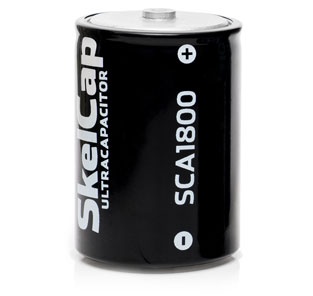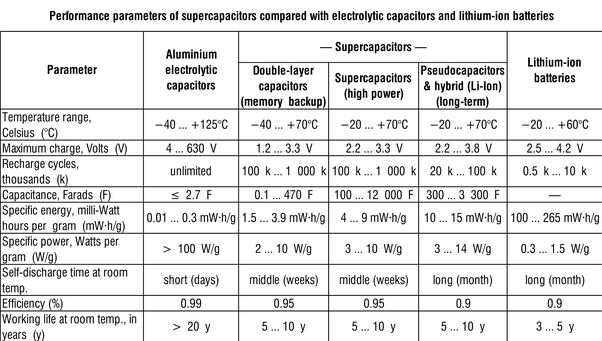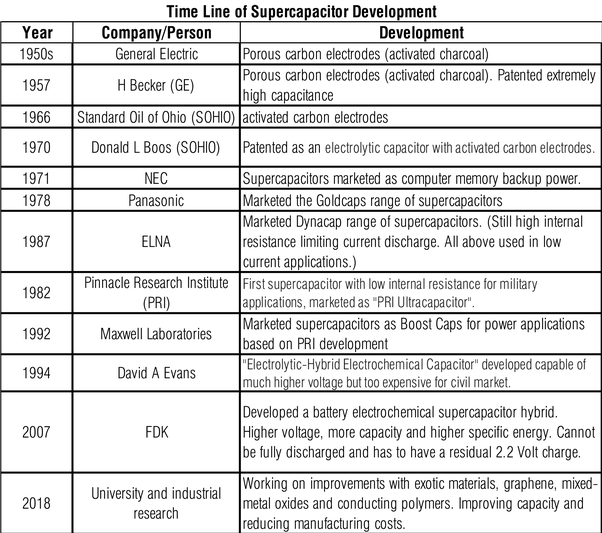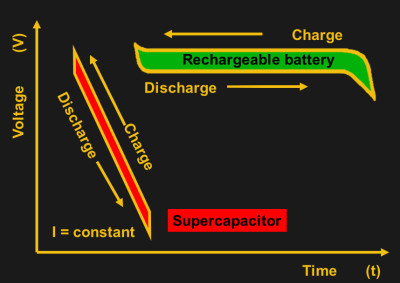Different people have different answers to the question, “Are Capacitors Better Than Rechargeable Batteries?” We will try to answer that question by keeping the facts in mind and stating the pros and cons of both. The two technologies are inverses of each other as the strength of one is the weakness of the other.
People use the argument that capacitors can’t be used as a voltage source. But, they can be used to store energy like the rechargeable batteries. Companies are even selling bundled supercapacitor as an energy storage device like rechargeable batteries.

We will look at how the supercapacitor is better than a rechargeable battery first. For starters, they have a much faster charging time and takes only 1 to 10 seconds as compared to 10 to 60 minutes for a rechargeable battery. They also have recharge cycles in the range of 1,000,000 cycles whereas batteries max out at 1,000 cycles. This makes the capacitors 1,000 times better.
The lifetime of the supercapacitors is 10 to 15 years whereas the rechargeable batteries have a life of 5 to 10 years. Supercapacitors also have the capacity to instantaneously discharge their stored capacity and deliver specific power up to 10,000 Watts per kg whereas the Li-ion batteries have a maximum of 3,000 Watts per kg.

Supercapacitors are currently safer than the batteries as they can’t be overcharged and do not explode. We all know the cases of exploding batteries by both Samsung as well as Apple. But, the rechargeable batteries are not all bad. We will take a look at how they are better than the supercapacitors.
The specific energy for a supercapacitor is an average of 10 milliwatt hours per gram whereas it is 300 milliwatt hours per gram for Li-ion batteries. Same is the case with energy per unit volume. It is only 15 watt-hours per liter for supercapacitors but as high as 1,200 watt-hours per liter for the batteries.

The batteries are much ahead when it comes to cost as it costs $20 per watts when it comes to supercapacitors but only $1 per watt for batteries. The voltage decreases severely in supercapacitors as charge diminishes. The voltage decrease in batteries is minor when compared. You can take a look at it in the image below:

From the above discussion, it is clear that there are advantages as well as disadvantages for both technologies. One’s strength is the others weakness. However, further developments in the supercapacitor technology might give it an upper hand over the rechargeable batteries and it has the potential to solve the problem of energy storage in renewable energy technology.


